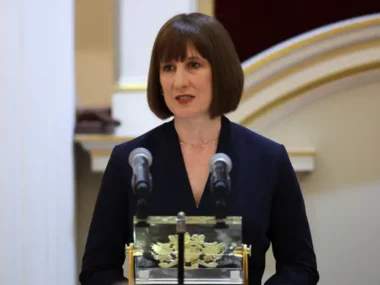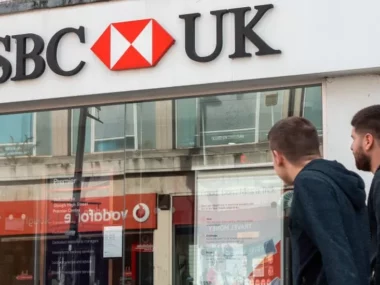The Institute of Directors warns that the impact on the private sector could weaken both economic growth and public finances.
The UK government has been criticized for destabilizing the economy with its autumn budget, which coincided with a sharp drop in business confidence, now at its lowest level since the early pandemic period.
According to the Institute of Directors (IoD), their economic confidence index dropped to -65 in November, down from -52 in October. This marks the fourth consecutive monthly decline and is the second-lowest reading since the index’s inception in July 2016, surpassed only by April 2020’s record low of -69.
Anna Leach, IoD’s chief economist, cautioned that the tax increases outlined in the budget could significantly hinder growth and weaken public finances. She noted, “Rather than stabilizing the economy, the budget has damaged the private sector’s capacity to invest in their businesses and workforce.”
The 30 October budget introduced £40bn in tax increases to support public spending, including £25bn from higher employer national insurance contributions (NICs). Many businesses now anticipate higher NIC costs, with half planning smaller pay raises, 44% intending to raise prices, and 43% considering job cuts.
UK hospitality firms have expressed concerns, warning of closures, reduced investment, and workforce reductions due to rising NICs. Additionally, business confidence in their own companies has hit its lowest point since May 2020, resulting in decreased investment and hiring plans.
Chancellor Rachel Reeves defended the budget, emphasizing its necessity for stabilizing public finances. The IoD, however, is hopeful that upcoming announcements on industrial strategy, infrastructure, and tax reforms in the spring could help revive growth.











